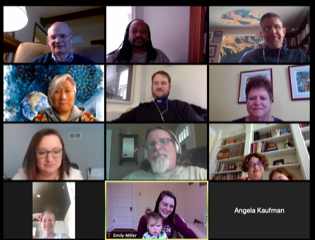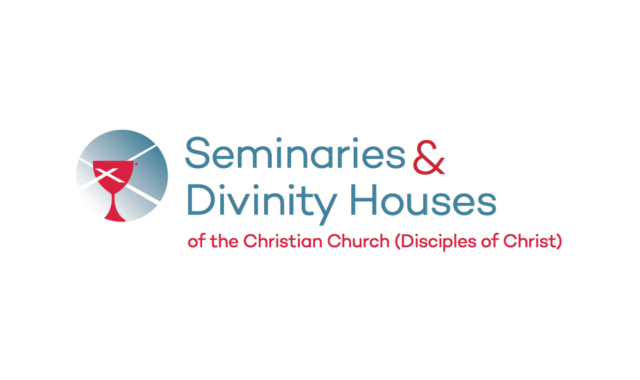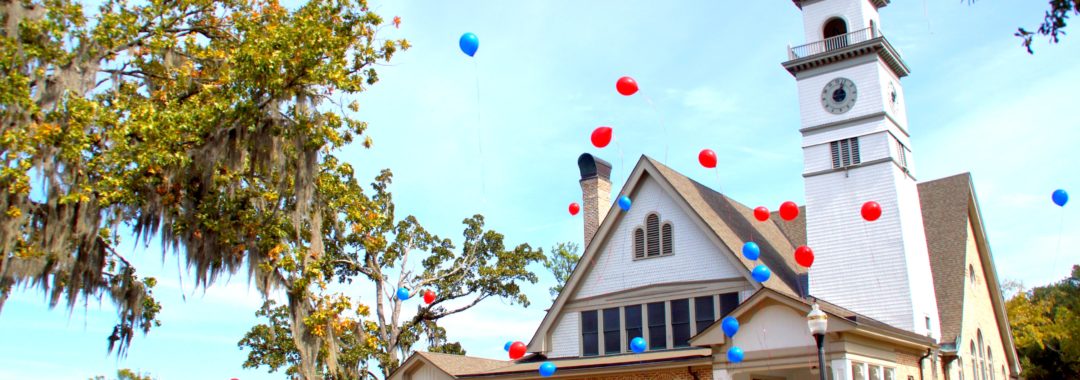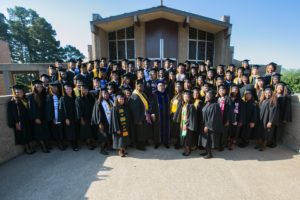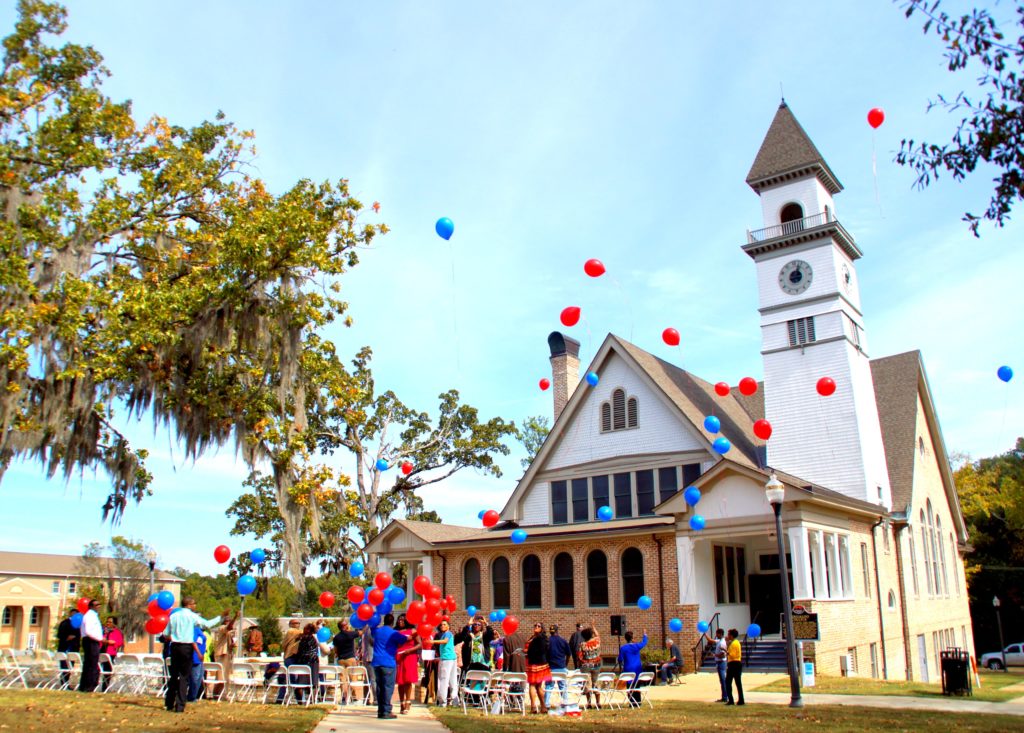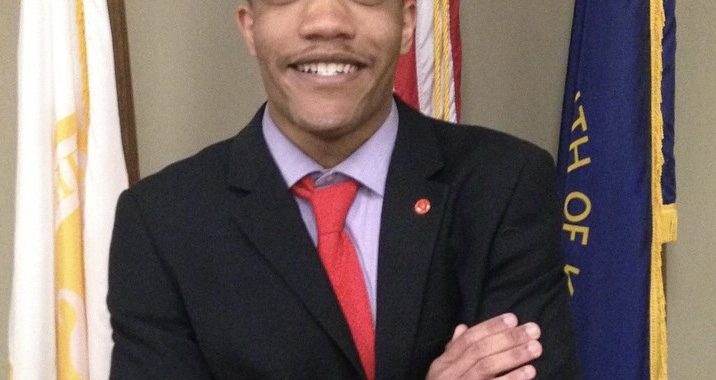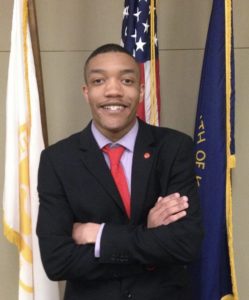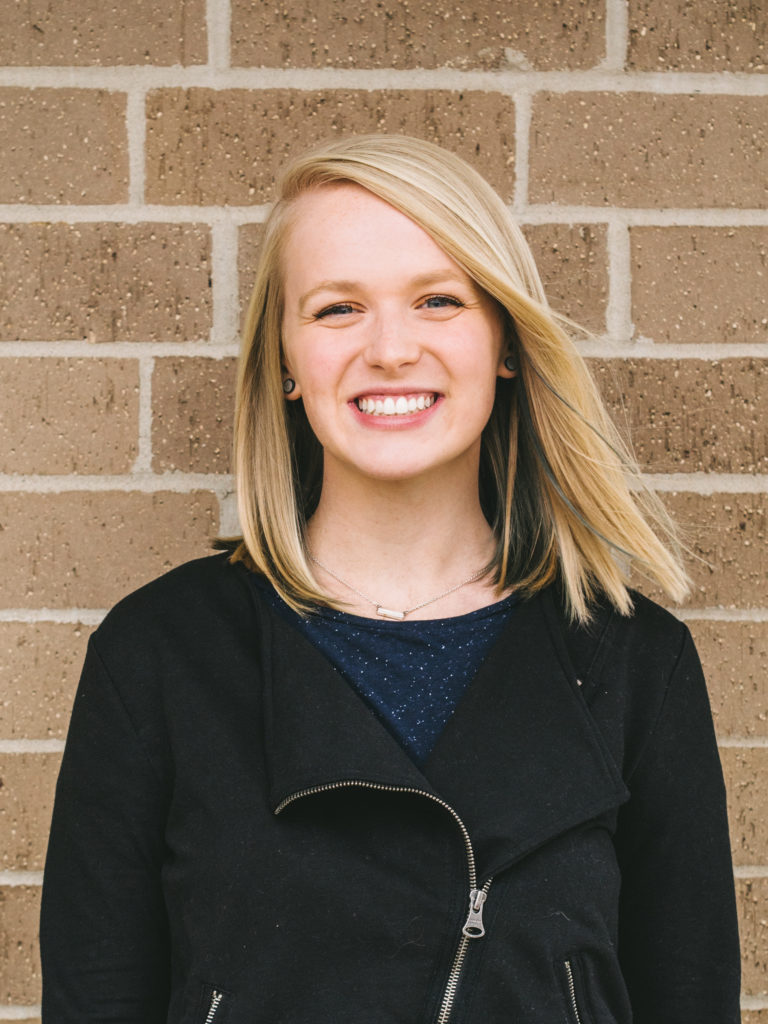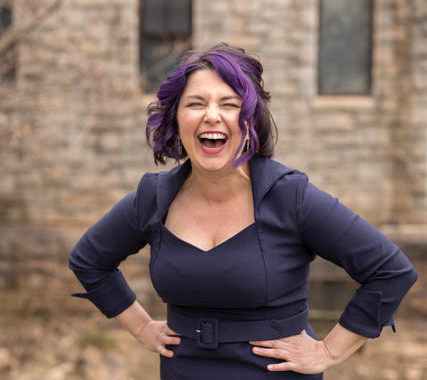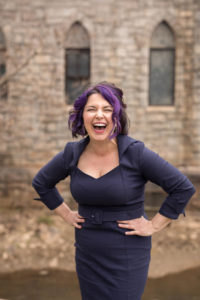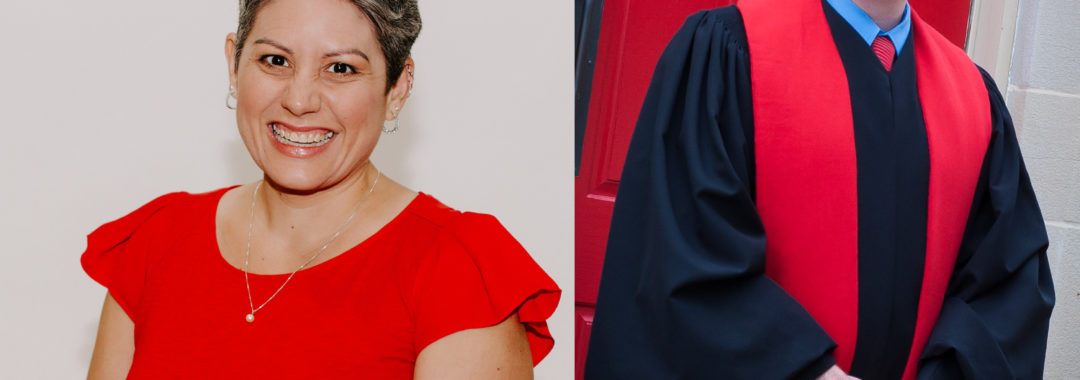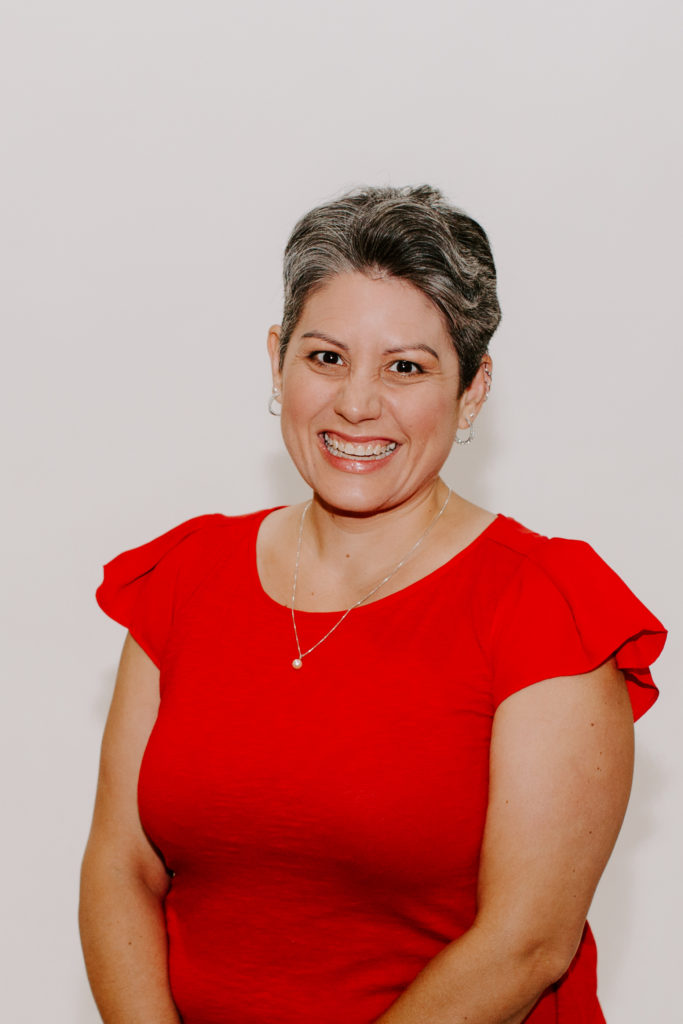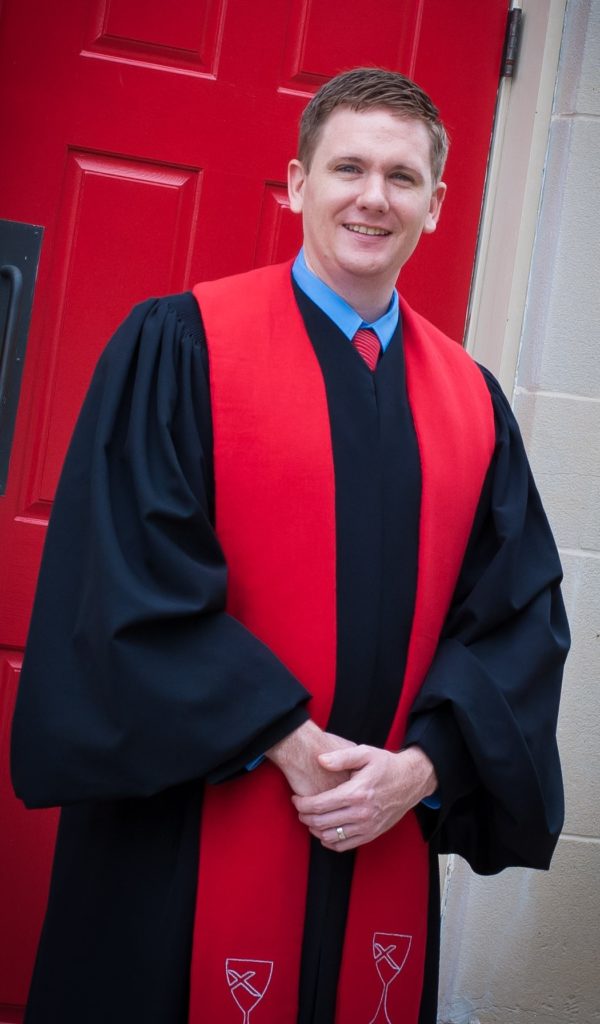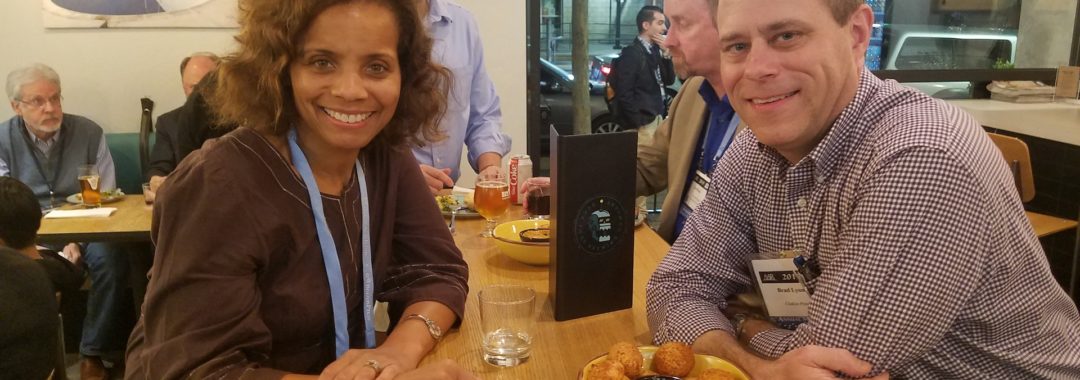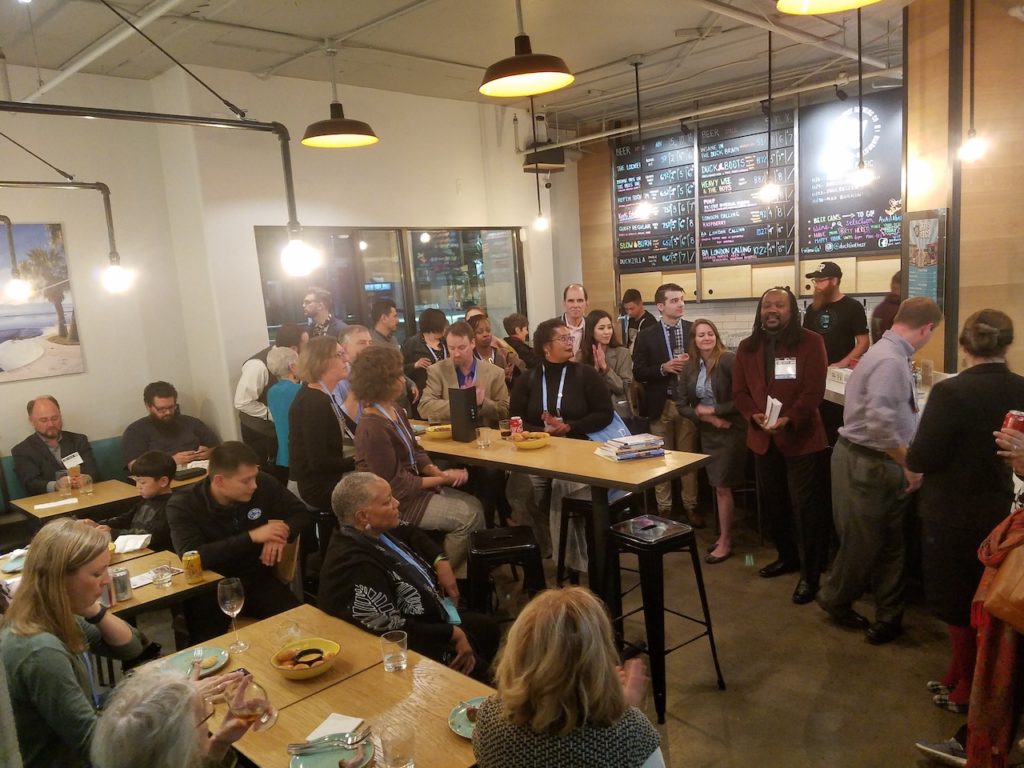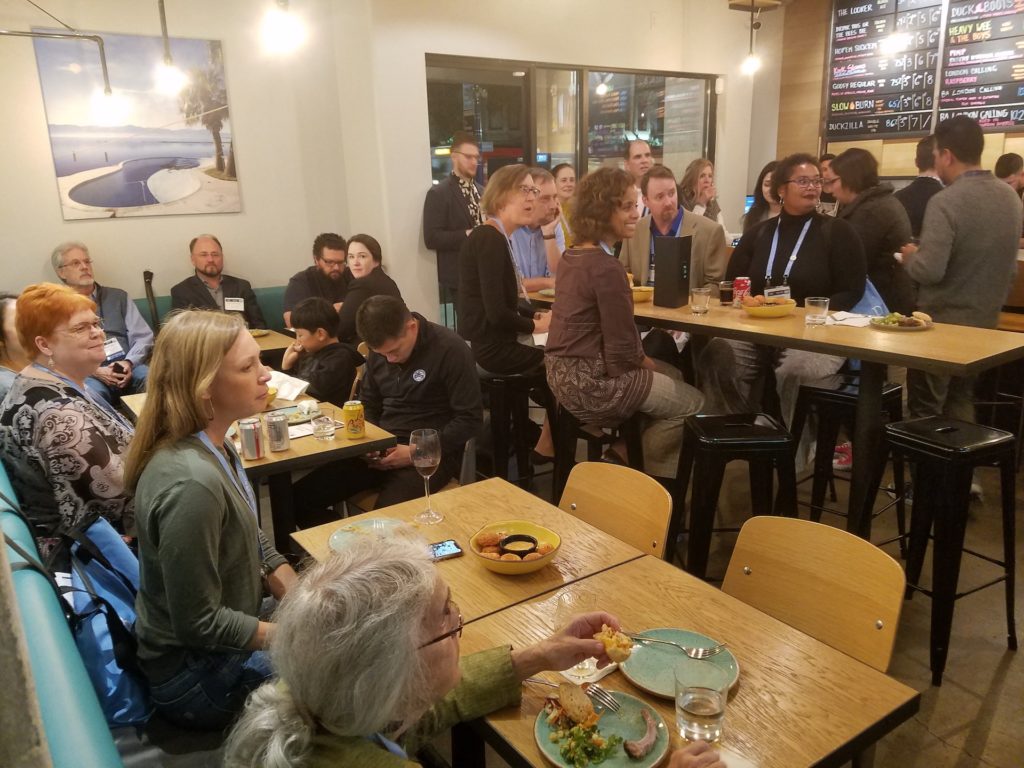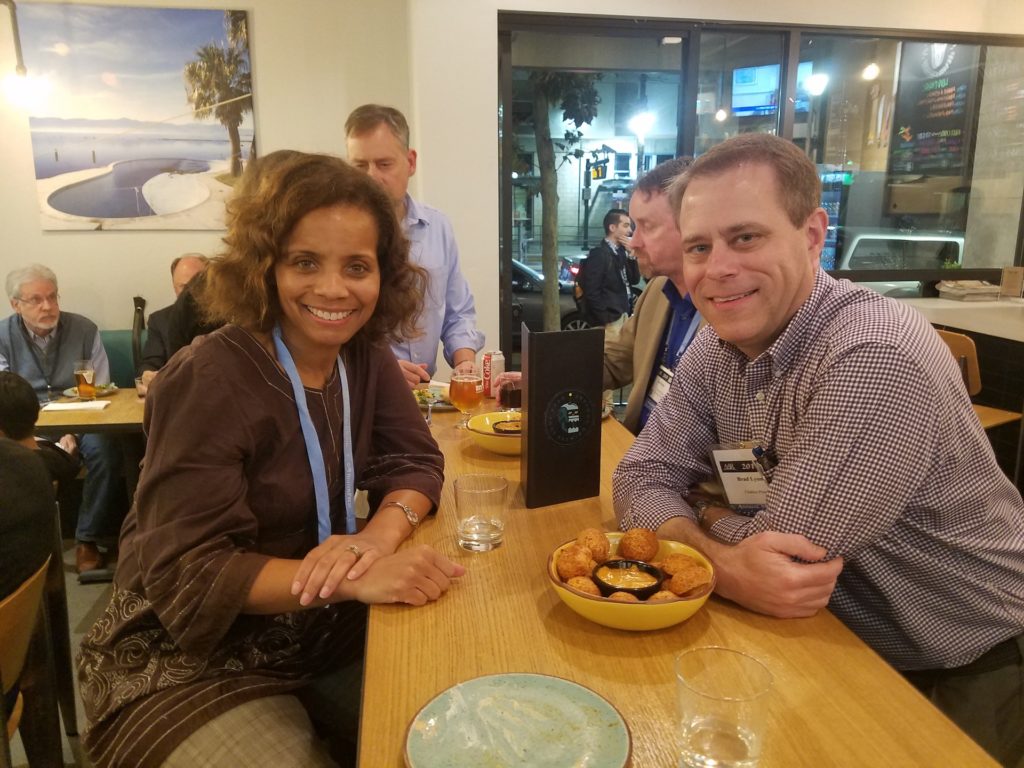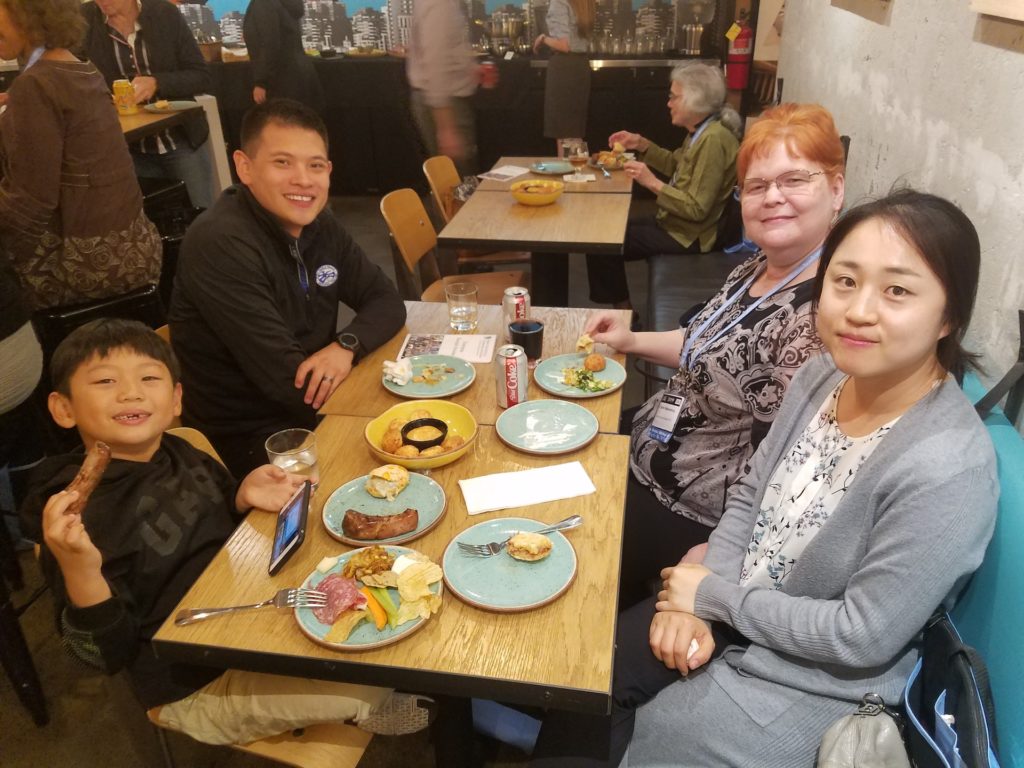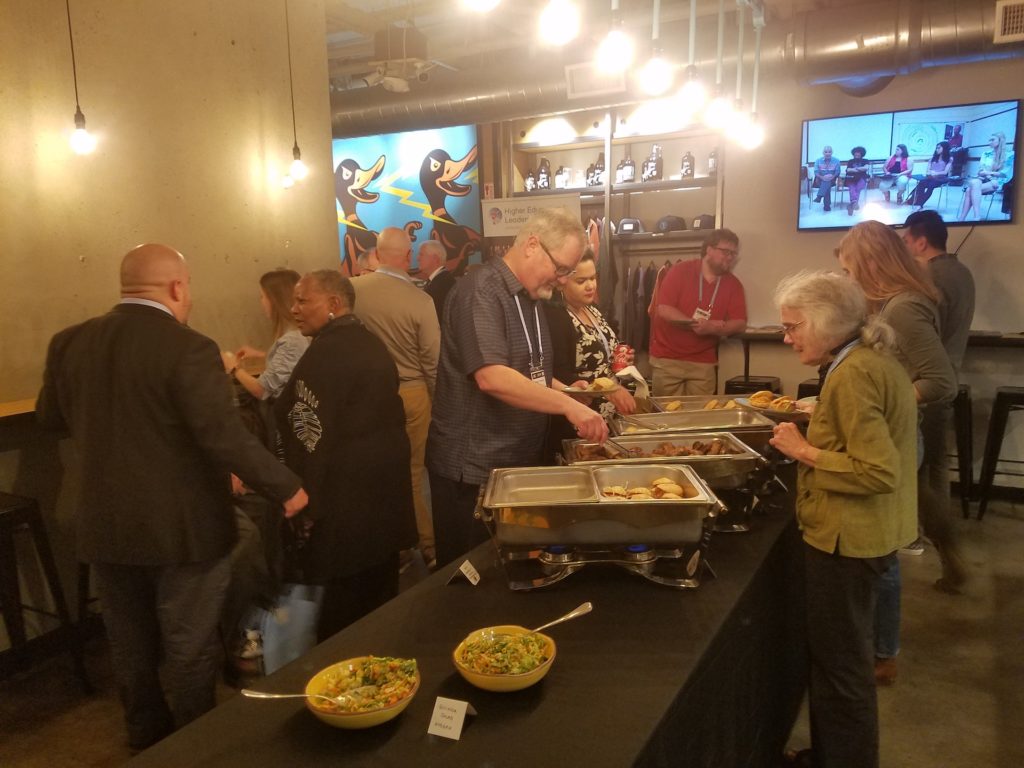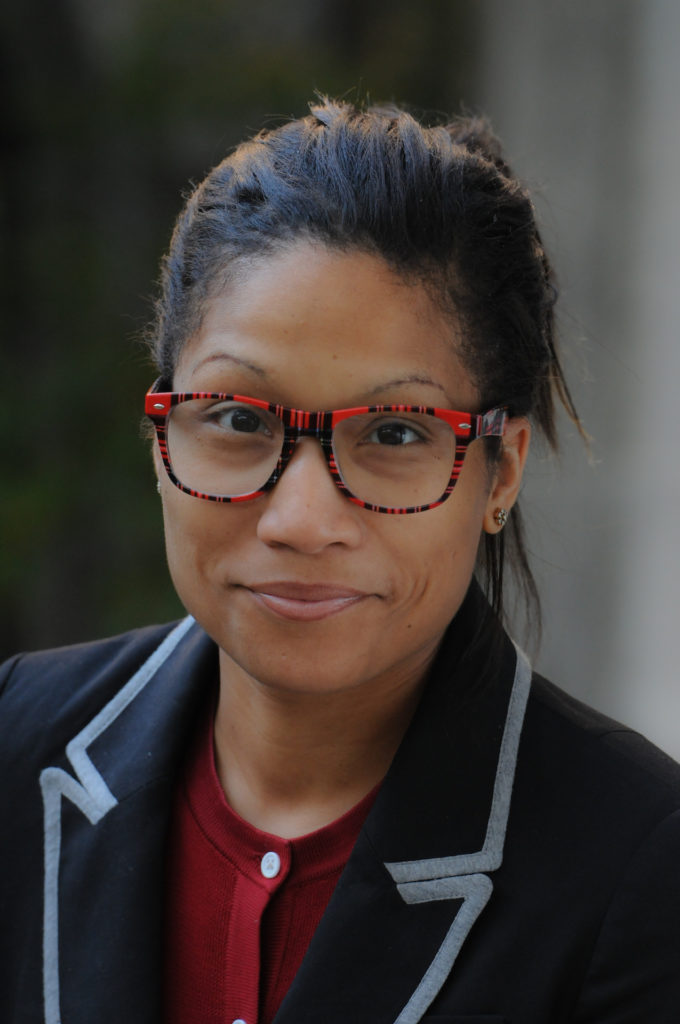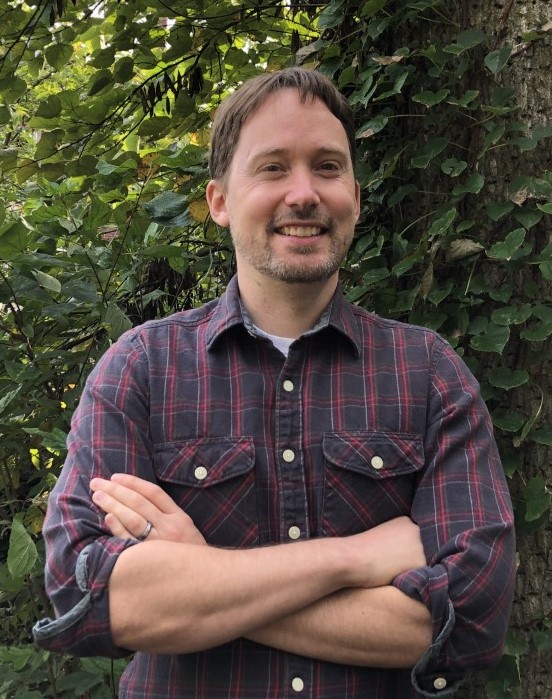
As the COVID-19 pandemic continues to disrupt the lives of people throughout the world, educational institutions have been one of the most affected sectors in society. As it became apparent how easily and quickly the virus was spreading, institutions of higher education had to make swift and difficult decisions, including moving in-person classes to online formats, canceling winter and spring sports, extracurricular activities, and study abroad experiences, and, in many cases, postponing or canceling spring commencement ceremonies.
Amid the uncertainty and anxiety of these days, college chaplains continue to minister to their students and the wider community. HELM recently hosted a virtual meeting of chaplains who serve at Disciple-related colleges and universities, creating space for them to support one another, both personally and professionally. With some cities and states under shelter-in-place orders and, throughout the country, rules around practices like social distancing in place, supporting the campus community has been challenging. However, with the help of digital platforms like Zoom, GroupMe and, Google Meet, chaplains are able to offer support and care.
Cisa Payuyo, from Chapman University, shared how important it has been for students to get together, if only virtually: “Students have asked if we can get together twice a week. They are hungry for this because they feel isolated, so getting together virtually is very helpful.” Chaplains are providing opportunities to connect through worship and prayer as well as informal times of community conversations or playing video games together. At the University of Lynchburg, Stephanie McClemore shared that there has been a good response to a virtual campus prayer meeting: “We have also hosted online community chats that are like fellowship hour.” Emily Miller, chaplain at Transylvania University, said that Wake-Up Wednesdays, which were previously on-campus, have been moved online: “We read the lectionary scripture for the week, sing together and then pray. The simplicity of just coming together, lighting a candle, reading scripture, and praying is meaningful.”
Nancy Brink of Chapman University shared with the group a practice that is being taught to students, merging the need for hygiene with prayer: “We have been teaching the second response to the 23rd Psalm in the Chalice Hymnal. The words are ‘Shepherd me, O God, beyond my wants, beyond my fears, from death into life.’ If you sing that twice through, it is exactly the amount of time we are supposed to wash our hands. I have found that to be an amazing spiritual practice during these past weeks. It turns a chore into a prayer, and we have been teaching that to the students.”
While chaplains are creatively adjusting to ministering remotely, many challenges still remain. On many campuses, some international students have remained and are dealing with being isolated from both their families as well as the larger campus community. Seniors, who should be enjoying the final weeks of their college careers, are grieving the loss of spring celebrations and milestones. Chaplains must also prepare for the eventuality that in the coming weeks, the COVID-19 pandemic will directly affect the lives of students, faculty, and staff.
HELM is thankful for the work of chaplains as well as administrators, faculty and staff at Disciple related schools as they seek to shepherd their communities through these difficult days. HELM will continue to support the ongoing ministries of chaplains by hosting weekly virtual gatherings and creating a space for sharing and encouraging one another.

